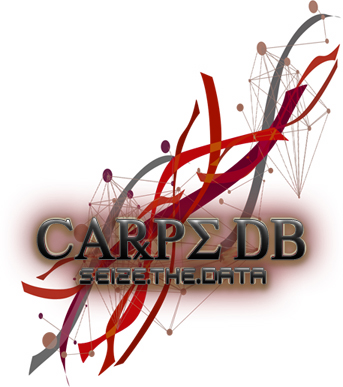|
The wildcards for CarpeDB queries are the asterisk (*) and percent sign (%). The asterisk or percent sign may be typed before and/or after the search string for substitution of zero or more additional characters. For example, merely type unc* to search for any gene beginning with unc. If only unc is entered, then no results will be found. Similar use of these wildcards occurs with options chromosome, description, species, and, now, keyword. Moreover, because scores of entries may contain one keyword, the keyword option includes the use of inclusion operator(s) and an exclusion operator. The first inclusion operator (; or & or +) may be used in conjunction with two search strings, which will both be present in all results, and should be viewed as the equivalent to AND in Boolean searches. The second inclusion operator (/ or |) may also be used in conjunction with two search strings, one of which needs to be present in the results, and should be viewed as the equivalent to OR in Boolean searches. Finally, the exclusion operator may be used in conjunction with two search strings, yet results will exclude the second search string. The CarpeDB search engine is certainly not as well designed as that of PubMed, yet CarpeDB contains only information vital to research in epilepsy genetics. Most queries, excluding epilepsy and seizure, will return few results anyway. Development of a search engine as powerful as PubMed's is likely unnecessary for attaining the purpose of CarpeDB.
|
